Description
It has long been alleged that the pioneer Indian scholars of ancient Indian history were ‘nationalists’, ‘Hindu revivalists’ and unhappy with the fact that the Muslims invaded and took possession of India. ‘Pernicious’ is also an adjective thrown at them.
The present volume examines the evolving research scenario and concludes that these pioneer historians never wilfully distorted any historical evidence and thus their nationalism did not stand in the way of objective historical investigations. The allegations levelled against them by communists roughly since the 1960s were nothing but propaganda ploys to draw attention to themselves as ‘progressives’ and thus capture with governmental support the country-wide institutions in the field of history .
The volume shows that the period of communist dominance in this arena is about the darkest period in the history of ancient Indian historical research in the country since the late nineteenth century when Indian scholars began to research ancient India in increasing numbers. Further, the author argues that no commitment to a particular ideology with its obsession with the Aryans and the Sarasvati can be a substitute for rigorous professional research on ancient India with clear assessment of the sources and their chronology.
The volume also contains a detailed discussion on Rabindranath Tagore’s and Sister Nivedita’s ideas of Indian history.
ISBN : 978-8173056482 ; Aryan Books International ; Hard Bound
About the Author :
Dilip K. Chakrabarti (1941) is Emeritus Professor of South Asian Archaeology at Cambridge University, and Editor of the eleven-volume series ‘A History of Ancient India’ sponsored by the Vivekananda International Foundation and Aryan Books International. His academic career spans 45 years (1963-2008) in Calcutta (1963-1977), Delhi (1977-1990), Visvabharati (1980-81), Jahangirnagar (1988-1990) and Cambridge (1990-2008) Universities, and also other institutions (Allahabad, Banaras, Cambridge, Edinburgh, Tehran, USA, Paris and Armidale) where he received short-term fellowships and awards.
His independent archaeological field-research has encompassed the Kangra valley, the whole of the Chhotanagpur plateau, the entire alluvial belt between Bengal and Panjab, the routes which linked the Ganga plain with the Deccan, the routes which covered the Deccan and the southern peninsula up to Cape Comorin, Rajasthan, and southern Uttarakhand. It is doubtful if anybody after Alexander Cunningham in the 19th century has so far been more familiar with India’s archaeological landscape than him. He has authored 31 books (2 in Bengali) and edited 18 more volumes (4 in press), in addition to 200-odd articles and reviews. He was awarded Padma Shri in 2019.
He received V.S. Wakankar rashtriya samman of Madhya Pradesh government, Gurudev Ranade award of the Indian Archaeological Society, S.N. Chakrabarti medal of the Asiatic Society of Bengal and Senerath Paranavitana award of Kelaniya, Sri Lanka. He also received D.Litt. (Honoris causa) of M.J.P. Rohilkhand University, Bareilly.

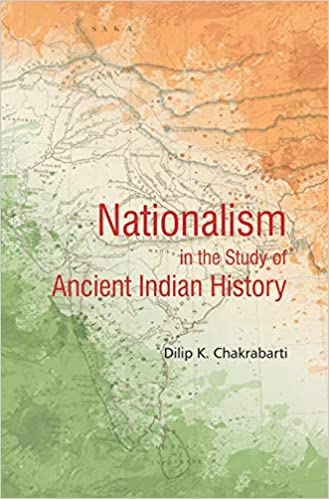

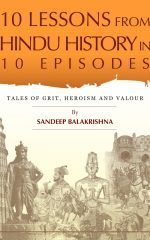
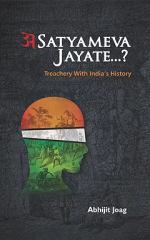
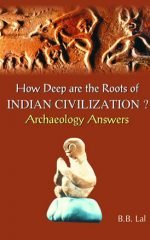
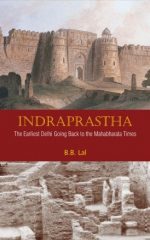
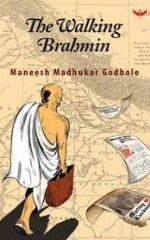
Reviews
There are no reviews yet.